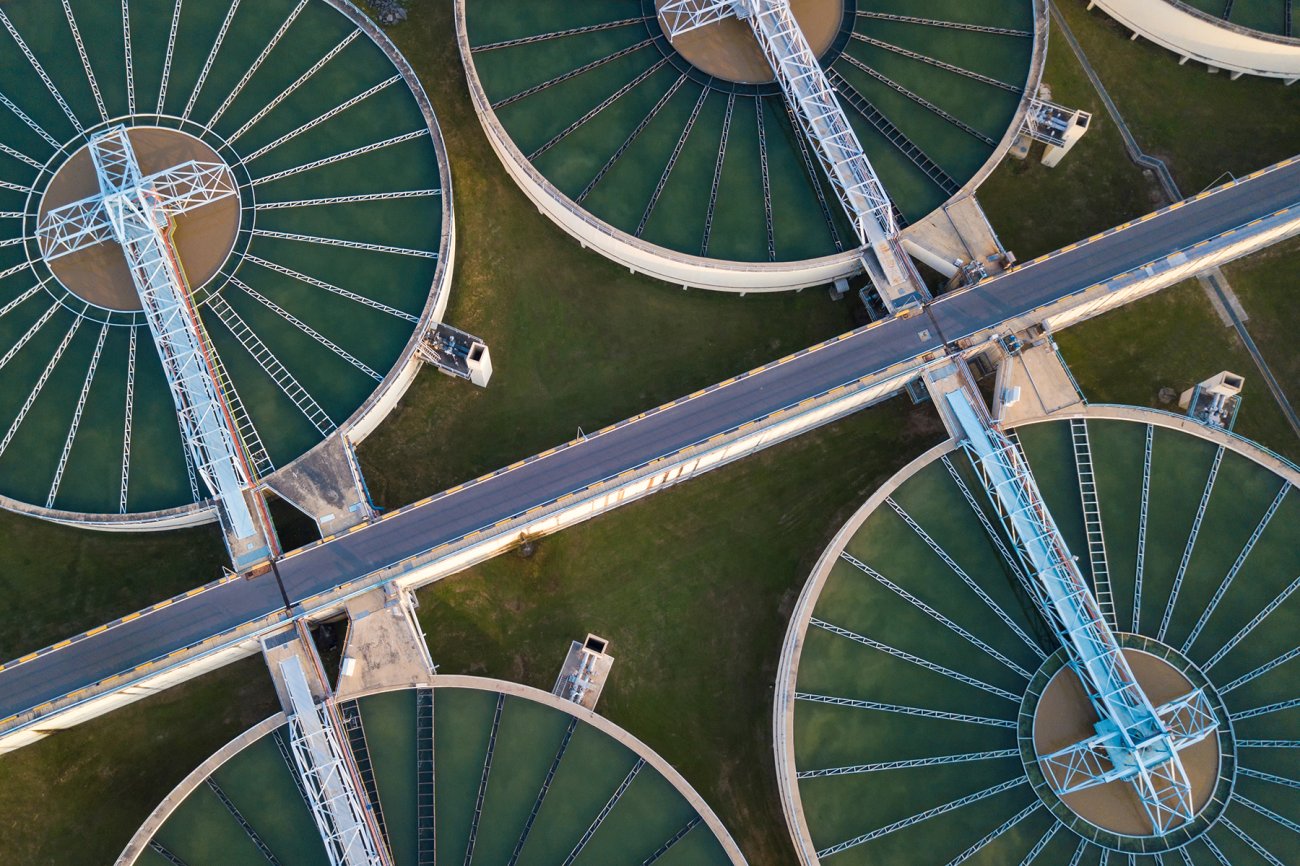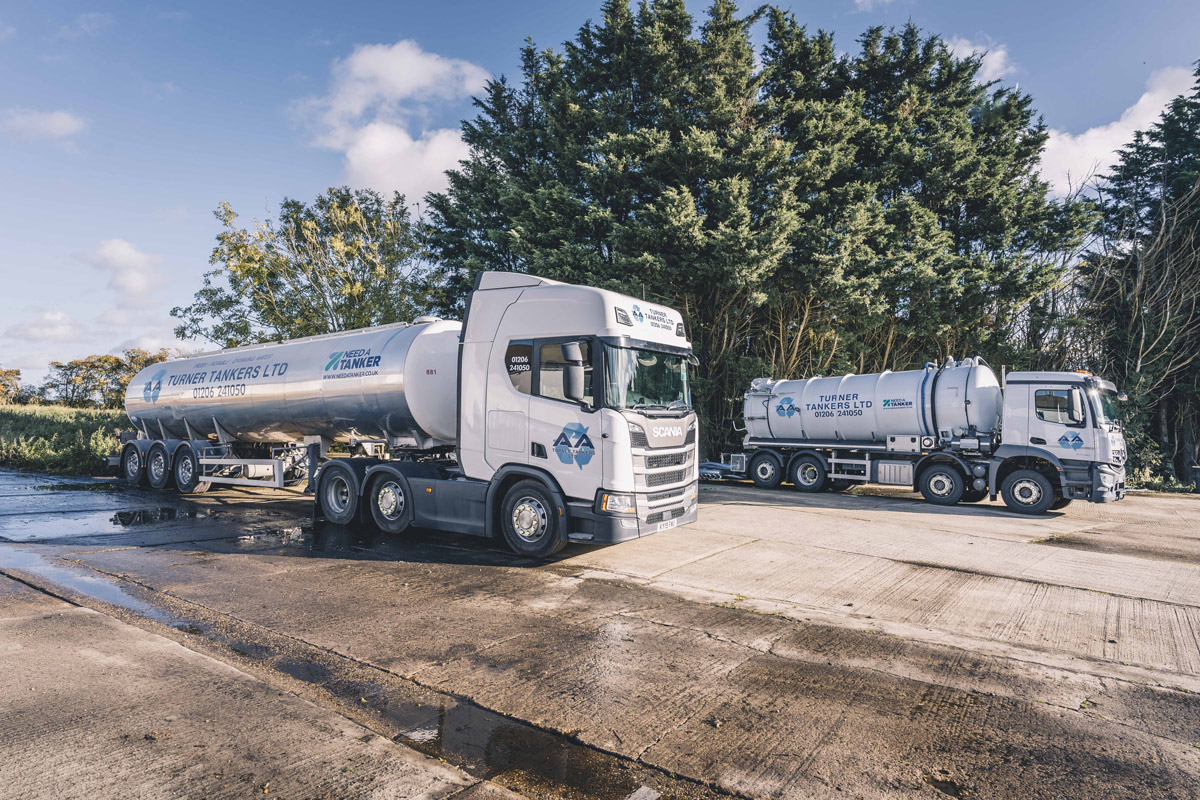Indicators on Reclaim Waste You Need To Know
Indicators on Reclaim Waste You Need To Know
Blog Article
An Unbiased View of Reclaim Waste
Table of ContentsTop Guidelines Of Reclaim WasteAbout Reclaim WasteReclaim Waste Fundamentals ExplainedThings about Reclaim WasteWhat Does Reclaim Waste Do?
Residential sewage waste refers to the waste and items from a property septic storage tank. The correct monitoring and disposal of domestic sewer waste require liquid waste to be transferred to a sewage treatment plant where the correct approaches and equipment are applied to cleanse and dispose of waste.
Commercial waste often includes possible hazards, such as combustible products or a mix of liquid and strong waste items, and calls for an advanced and comprehensive disposal procedure. The disposal of industrial waste typically entails the filtration of waste prior to transportation to make certain secure and correct disposal. Hazardous waste is created from results and runoff of industrial processes and manufacturing.
This kind of waste can not utilize the exact same sewer administration transport or procedures as septic or industrial liquids. The industrial waste administration process needs the inspection and screening of liquid waste prior to it undergoes the disposal procedure (liquid waste disposal melbourne). Drainage waste is the liquid waste that originates from drainage and excess stormwater in very booming locations or cities
Runoff waste can create contamination and flooding otherwise handled effectively. Discover extra about sewage system cleaning and waste monitoring. Making sure proper waste monitoring can prevent catastrophes and lower ecological harm. Both people in residential settings and professionals in commercial or manufacturing sectors can gain from comprehending the processes and policies of fluid waste management.
Rumored Buzz on Reclaim Waste
Call PROS Providers today to find out about our waste management and disposal solutions and the appropriate methods to take care of the fluid waste you create.
(https://www.domestika.org/en/reclaimwaste1)Do you understand what occurs to your water when you end, flush the commode or drain the washing equipment? No? Well, it's worth recognizing. This so-called 'wastewater' is not only an essential resource but, after treatment, will be released to our land, rivers or the ocean. Made use of water from bathrooms, showers, bathrooms, kitchen area sinks, laundries and commercial procedures is called wastewater.

water made use of to cool down equipment or clean plant and equipment). Stormwater, a type of wastewater, is runoff that streams from agricultural and urban locations such as roofing systems, parks, yards, roads, courses and gutters into stormwater drains, after rainfall. Stormwater moves without treatment straight to neighborhood creeks or rivers, eventually reaching the ocean.
The Greatest Guide To Reclaim Waste
In Queensland, many wastewater is treated at sewer treatment plants. Wastewater is moved from residential or industrial websites with a system of drains and pump terminals, known as sewerage reticulation, to a sewer treatment plant.
The Department of Natural Resources recommends city governments about handling, operating and preserving sewage systems and therapy plants. In unsewered areas, local federal governments might call for owners to mount individual or family sewer treatment systems to deal with residential wastewater from commodes, cooking areas, washrooms and washings. The Division of Natural Resources authorizes making use of house systems when they are verified to be efficient.
The majority of stormwater obtains no therapy. In some new neighborhoods, treatment of some original site stormwater to remove clutter, sand and crushed rock has actually started using gross contaminant catches. Wastewater treatment happens in four phases: Gets rid of strong matter. Bigger solids, such as plastics and various other items wrongly discharged to sewers, are removed when wastewater is gone through screens.
Wastewater then moves into large tanks where solids clear up and are eliminated as sludge. Grease and scum are skimmed from the surface. Utilizes tiny living microorganisms referred to as micro-organisms to break down and get rid of continuing to be dissolved wastes and fine fragments. Micro-organisms and wastes are included in the sludge. Gets rid of nitrogen and phosphorus nutrients that could cause algal flowers in our waterways and threaten water life.
10 Simple Techniques For Reclaim Waste
Nutrient removal is not available at all sewer therapy plants because it requires costly specialist tools. It is ending up being extra typical in Queensland. Clear fluid effluent produced after therapy may still include disease-causing micro-organisms. If this effluent is released right into rivers such as rivers or the sea, the micro-organisms will ultimately die out.

This usually implies wastewater has to be treated or pollutants gotten rid of before it can be released to waterways. A lot of wastewater flows right into the sewerage system. Under the Act, neighborhood federal governments provide approvals and licences for ecologically appropriate activities (Periods) involving wastewater launches that may have a local impact. The department provides authorizations and licences to Periods including wastewater releases that could have a local or statewide effect.
The Reclaim Waste Statements
Otherwise, samples are taken for laboratory evaluation. Typically lots of tests are needed to establish the levels of each of the different pollutants such as oils, heavy steels and chemicals in water. Monitoring provides accurate details concerning water top quality and can confirm that permit problems are being met. The info obtained via surveillance gives the basis for making water top quality choices.
Report this page